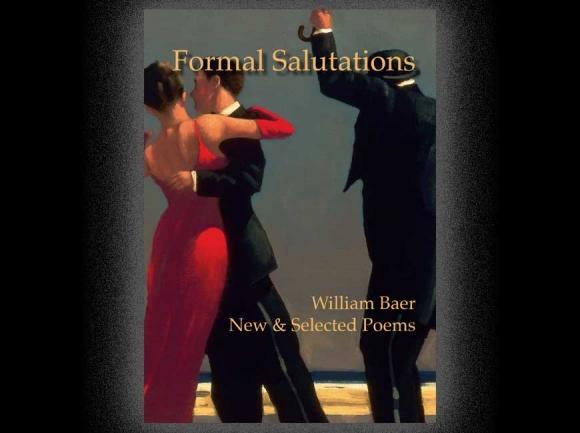For a good number of years, I attended various poetry readings. Some were wonderful, some mediocre, and two were disasters that remain seared in my memory.
In Boston in 1976, in a bookstore whose name I have long forgotten, a poet, whose name is also lost in time, read incomprehensible verse for almost an hour. Like the bookstore and the poet, her abstract ramblings have gone missing from my memory. What I do recollect is sitting in a crowded room, wedged between people on a bench, with no possibility of escape, perspiring, claustrophobic, tortured by a river of unintelligible words. When at last I set foot in the street, I gulped air into my lungs like a submariner touching shore after months at sea.






